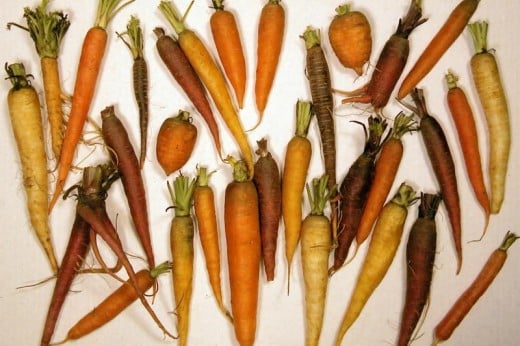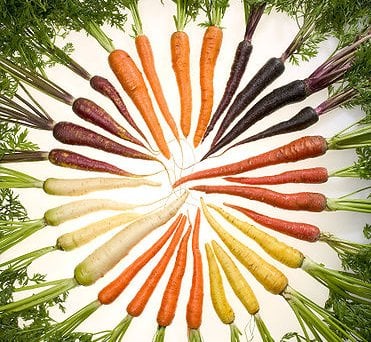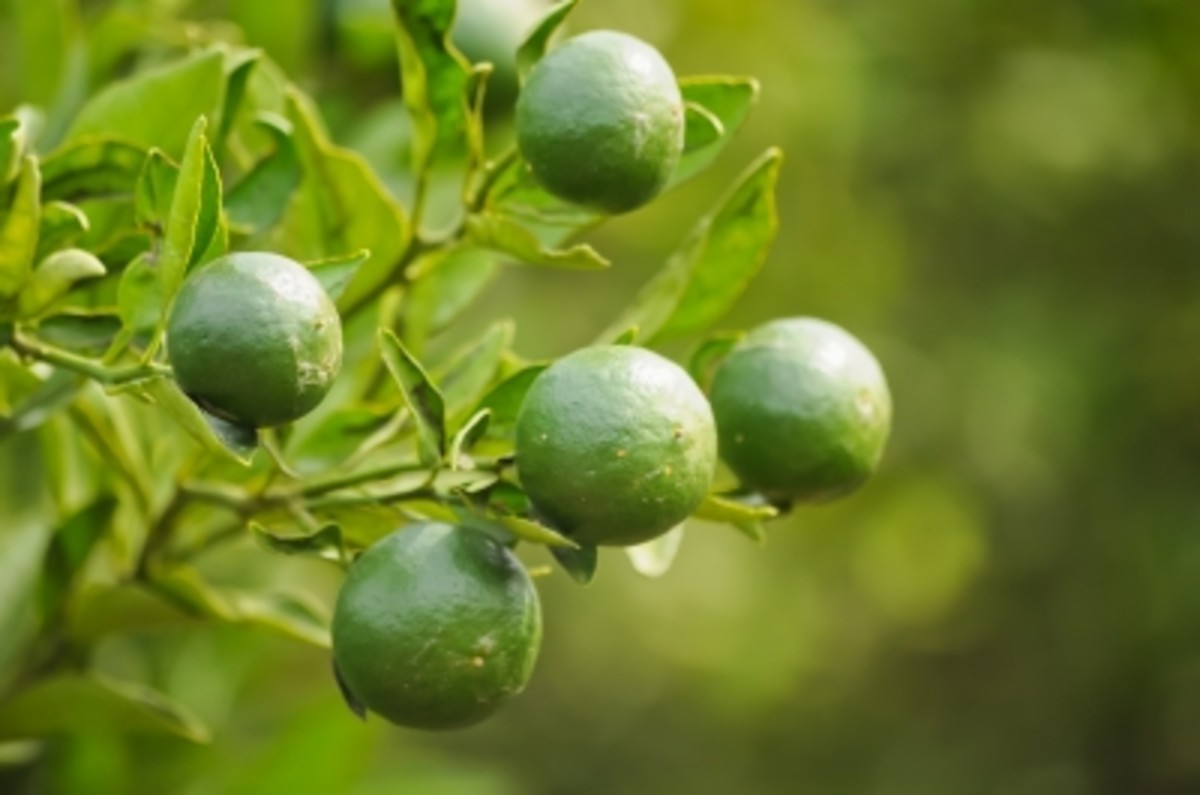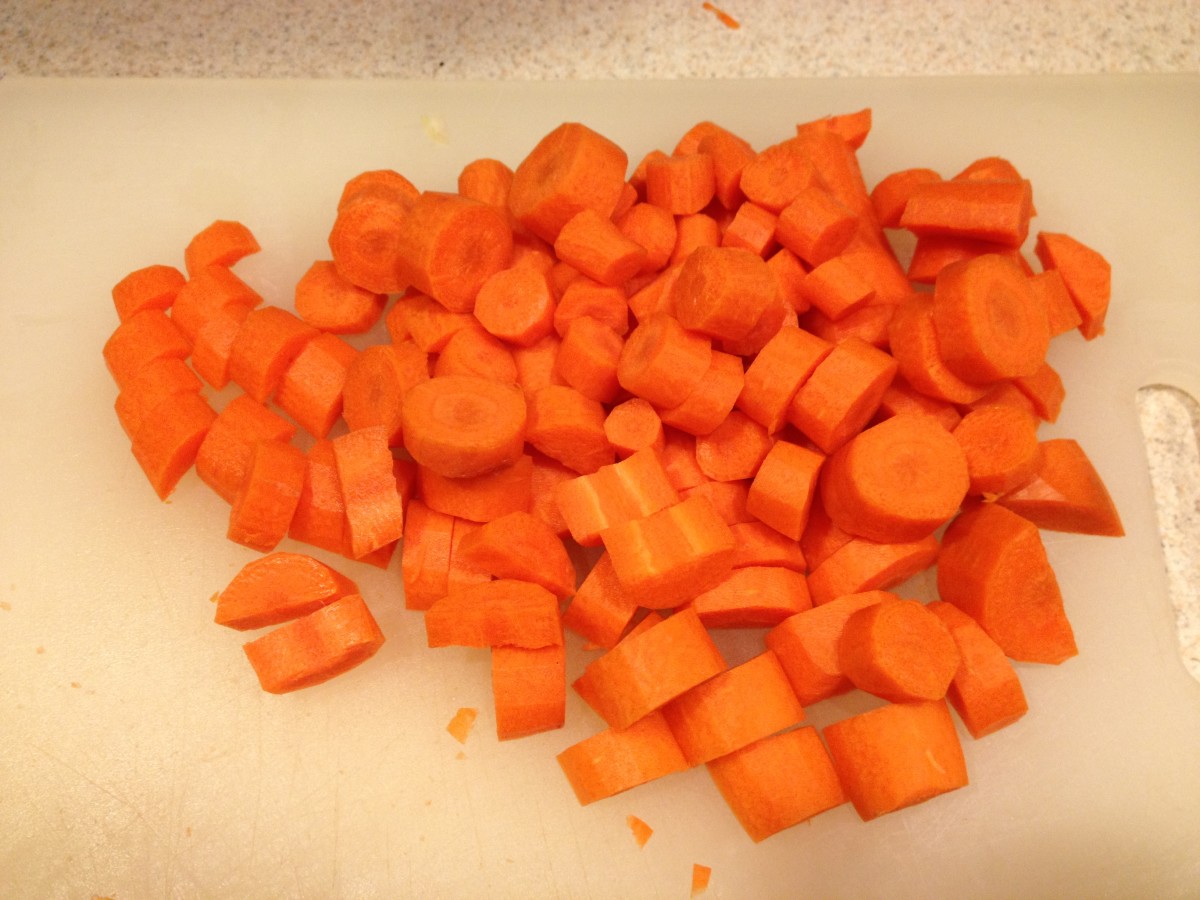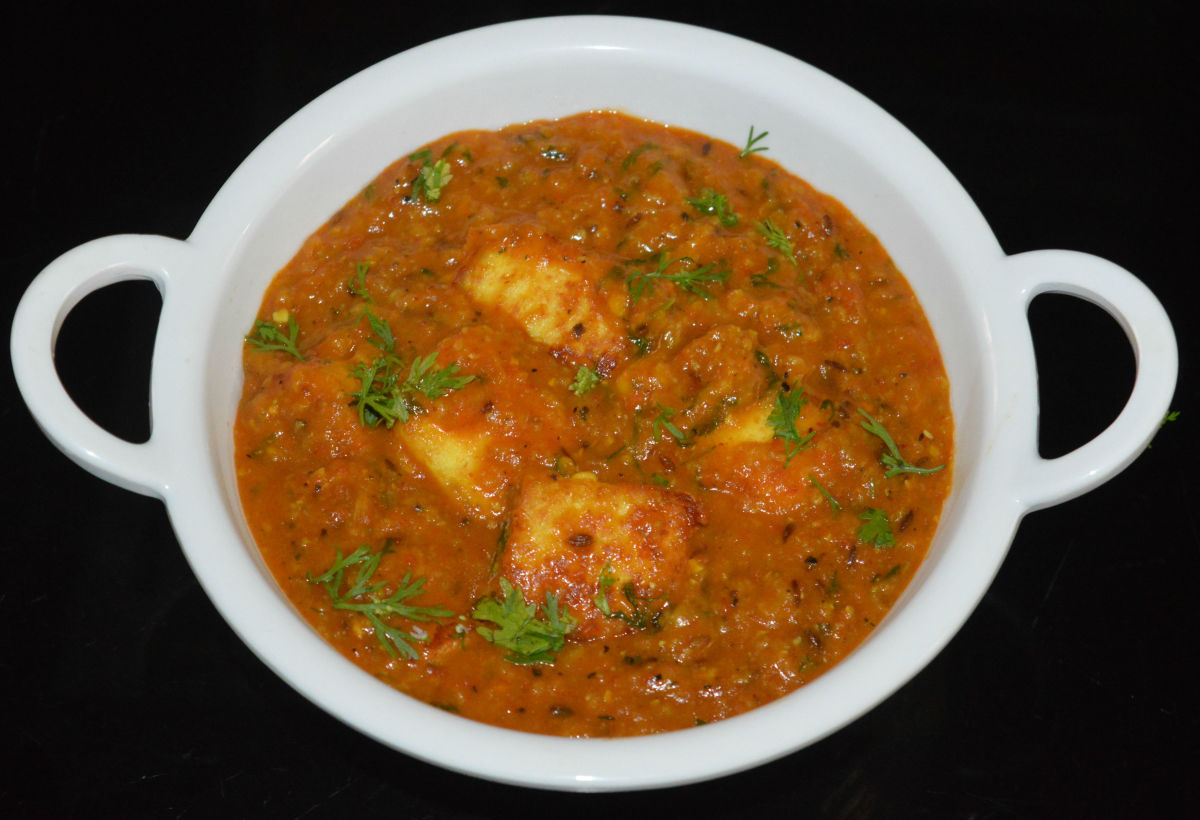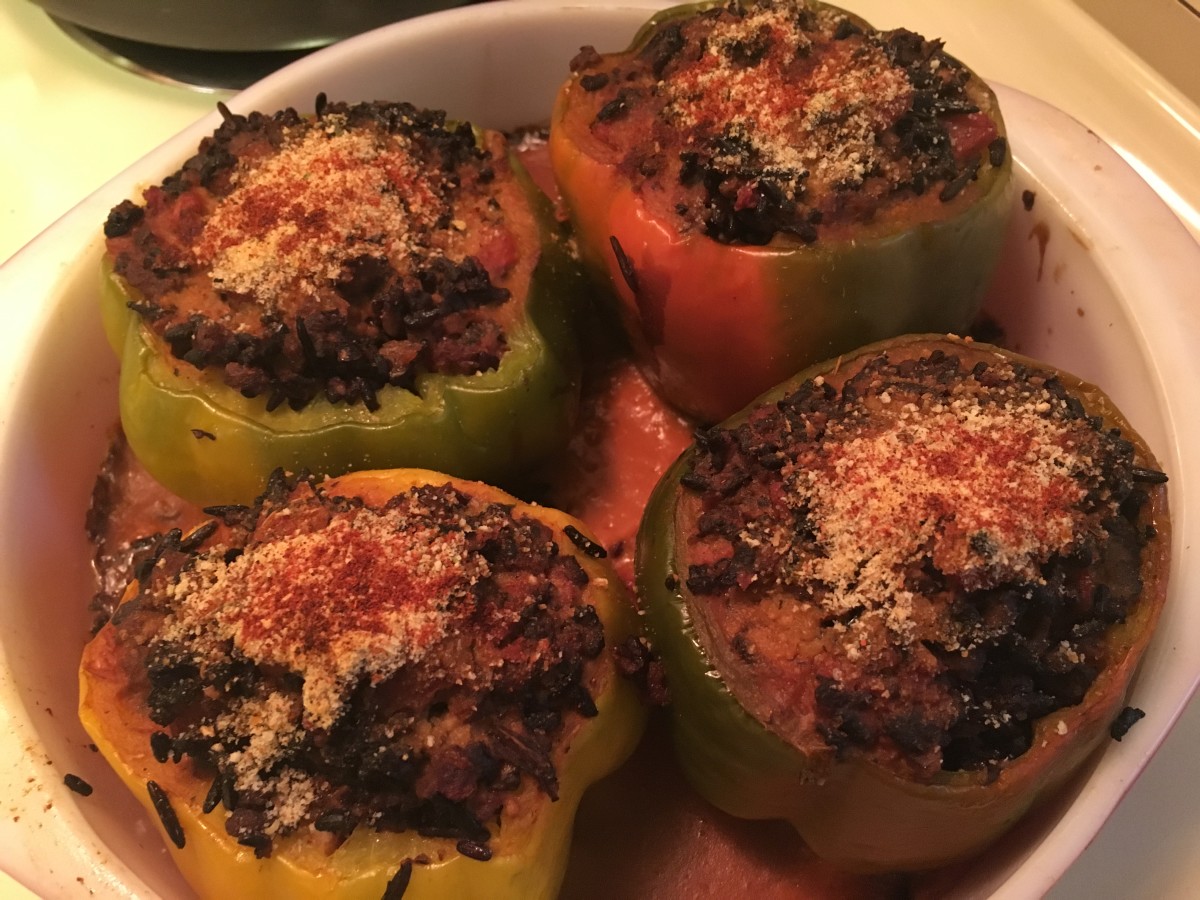What are the Benefits of Carrots
Where did Carrot Originate
The ancestral carrot seems to have come from Afghanistan where many wild varieties still grow. The flesh of the root of the wild carrot is bitter and woody. Over the centuries, possibly millenia, the carrot has been bred for sweetness and a consistent texture.
Early on the domesticated carrot was bread for it's aromatic leaves, not for consumption of the root. In this use carrot was grown and used much like parsley and dill.
Today carrots are divided into groups by region of growth. There are primarily two overall types. The Eastern Carrot and the Western Carrot.
Eastern Carrot
The present day eastern carrot are commonly purple or
yellow. They often have branched roots; not the single tap-root of the Western Carrot. Eastern carrots are high in anthocyanin pigments. These pigments are known anti-oxidants.
Western Carrot
This carrot emerged in the Netherlands in the late seventeenth century and was popular due as much to its color as to its use as food. Orange carrots are high carotenes in these cultivars. Carotenes are another known anti-oxidant.
Though orange is the most prevalent color western carrots also come in white, yellow, red, and purple. These are often sold as "novelty" carrots.
Carrots are loaded with vitamins and minerals. Carrots contain vitamin(s) A, B1, B2, B3, B6, B9, and C. They also contain calcium, iron, magnesium, phosphorus, potassium, and sodium.
All parts of the carrot plant are edible including the root, leaves, flowers, and seeds.



Health Benefit of Carrot
Carrot is high in beta-carotene which is metabolized (processed into) vitamin A in the human body. Because the presence of bile in the intestines is key to converting beta-carotene into vitamin A, carrots also help reduce bile levels.
Carrots are high in fiber as well, making them an excellent dietary food.
Excess consumption of carrot can actually turn the skin orange. This is not dangerous and will eventually fade.
Carrot Seed Oil
Carrot seed oil has been found (non scientific results) to;
- reduce inflammation
- as an anti-bacterial
- as a diuretic
- as a digestive aid
- as a moisturizer
Carrot Seed Oil Uses
Carrot seed oil is a primary ingredient in baby oil in Europe.
Moisturizer
Mix fifteen (15) drops of carrot seed oil with two (2) Tablespoons of almond oil. Use a small amount of the mixture on your hands, scalp, and face to reduce wrinkles and to moisturize.
You can also use this oil on your scalp to help prevent dandruff and dry scalp.
Tanning Aid
Carrot seed oil will accelerate tanning while simultaneously reducing the drying effects of the sun. The carotene in the oil is thought to have this affect.
Vision, Arthritis, and Cancer
The carotene in carrots may help reduce the risk of cancer, particularly lung cancer. The carotene (converted to vitamin A) is good for your eyes. Because the human body can only convert so much of the carotene to vitamin A the excess is a good antioxidant. Carotene may also be a supplemental treatment for arthritis.
Carrot Juice
Ancient Greeks "prescribed" carrot for upset stomach, gastritis, peptic ulcers, and diarrhea. It may also help Crohn's disease sufferers. The juice contains high amounts of pectin which lines the stomach and intestines reducing inflammation.
Note: Carrot Seed Oil and Fresh Carrot Juice can be purchased at most health stores.
Less Than Usual Carrot Recipes
Carrot Curry Soup
Ingredients
- 6 Cups Carrots
- 3 Cups Yellow Onion
- 3 Cups Russet Potato
- 2 1/2 Quarts Water
- 1 Quart Heavy Cream
- 2 1/2 Cups Fresh Orange Juice
- 1 1/2 Teaspoons Fresh Ginger -- minced
- 1/2 Teaspoon Allspice
- 1/2 Pound Butter
- 2 1/4 Tablespoons Mild Curry Paste
Directions
- Coarsely chop carrots, onions, and potatoes
- Add the above to the water in a large pot and bring to a boil
- At the boil lower heat and simmer for 30 minutes (the carrots will be just cooked)
- Add Cream, Orange Juice, Ginger and Allspice
- Simmer for another 10 minutes.
- In a blender Purée the above
- Add the butter and curry paste and blend just until mixed.
Serve immediately.
Ginger and Orange Carrot Soup
Ingredients
- 2 teaspoons vegetable oil
- 2 Cups carrots, peeled and sliced
- 1/2 teaspoon grated fresh ginger
- 1 teaspoon all-purpose flour
- 2 cups low-sodium, nonfat chicken broth
- 1 cup nonfat milk
- 1/4 cup nonfat powdered milk
- 1 tablespoon frozen orange juice concentrate
- 1 teaspoon grated orange zest (about half the orange peel)
- 1/4 teaspoon dried thyme
- 1 bay leaf
- Salt and pepper, to taste (optional)
- Nonfat sour cream (optional)
- Fresh cilantro, chopped for garnish (optional)
Directions
- Heat oil in a large saucepan over medium-high heat.
- Sauté carrots and ginger until lightly browned (about 7 minutes.) Add flour and cook for 1 minute.
- Stir in broth, milk, powdered milk, orange
juice concentrate, orange zest, thyme and bay leaf.
- Raise heat to boiling then reduce heat to low, cover and simmer for 10 minutes or until carrots are tender.
- Remove the bay leaf
- Pour soup into a blender and Purée until smooth.
- Season with salt and
pepper, to taste.
- Serve in bowls with an optional dollop of nonfat sour cream and sprinkled with cilantro.
Note that cooked carrot releases more nutrients than can be found in raw carrots

